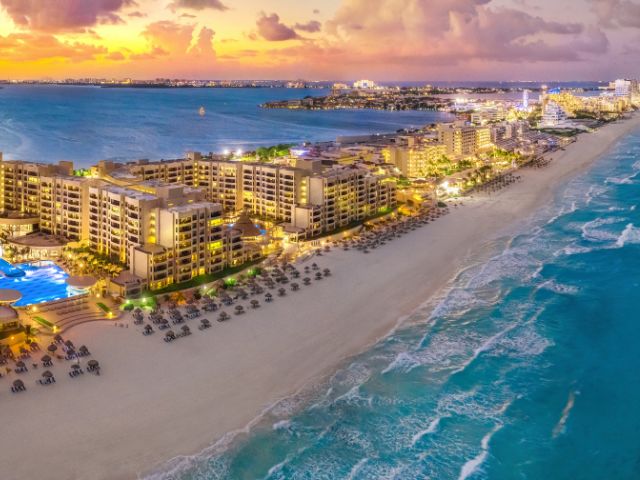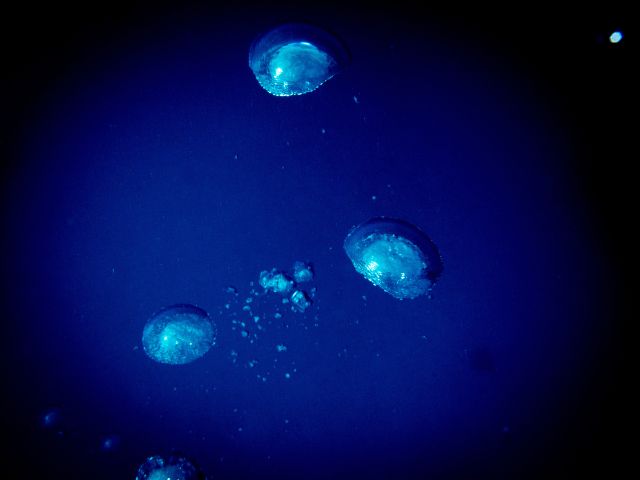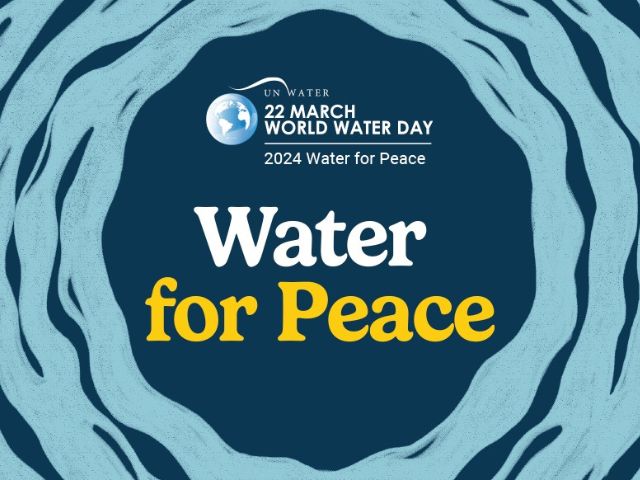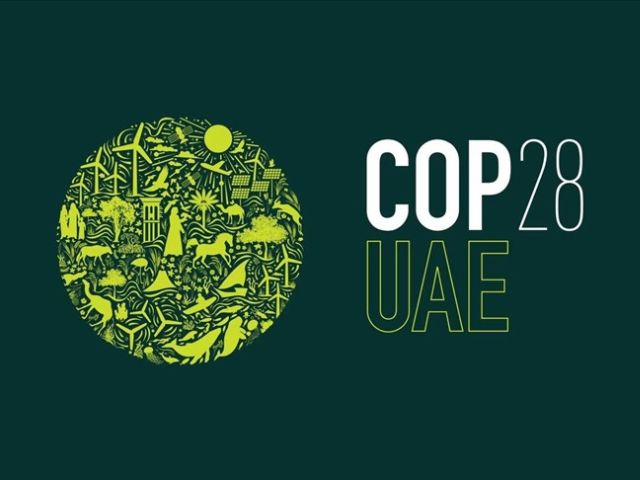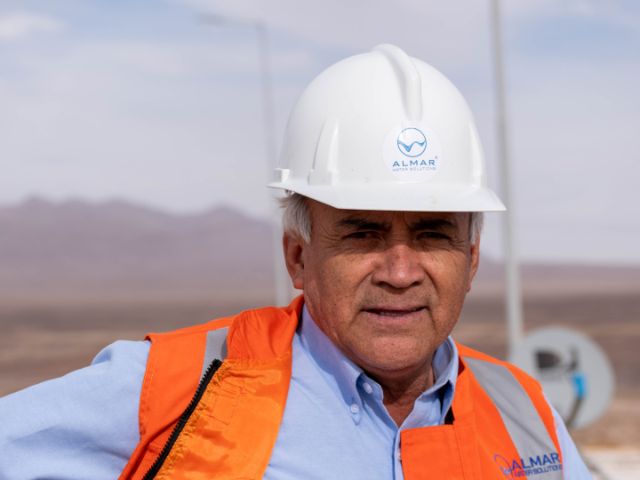Tourism is one of the most dynamic and fastest-growing economic sectors worldwide. However, to fully harness its benefits, it is essential to address the challenges it faces in relation to water. Through careful planning, sustainable management, and the promotion of responsible practices, tourism can become a true driver of progress and well-being for communities around the world.
Blog
Our relationship with oceans urgently needs to change, as the efforts made so far have only scratched the surface. It is time to “awaken new depths” and to promote widespread support for the oceans. In this regard, Almar Water Solutions joins the United Nations in reminding us of the crucial role the oceans play in our lives on World Oceans Day, June 8.
The projected increase in the world’s population will mean a greater demand for water for agriculture, industry, and domestic consumption. Therefore, it is necessary to find innovative solutions that allow us to optimize water management and make more efficient use of our water resources.
Water is a recurring component in painting, architecture, and literature, often serving as the inspiration for many great artists. Water has not escaped the artistic gaze, as the relationship between water and art is as old as humanity itself.
Water management can either create peace or trigger conflicts. On this World Water Day, we join the United Nations in highlighting water as a guarantor of prosperity and international peace, as access to water is linked to current global security.
In order to achieve sustainable development, it is crucial to adopt the circular economy as an alternative economic model to the current one, where usage replaces consumption. Although it seems more focused on material management, the water sector cannot be left out of this strategy.
“Unite. Act. Deliver.” This is the slogan under which the last United Nations Climate Change Conference, known as COP28, was held in Dubai. Its conclusion seems to signal the beginning of the end for fossil fuels, but what about water?
Today, finding an industry that does not operate with water is difficult. This resource is used, to a greater or lesser extent, in all industries, regardless of their purpose.
Mining is a water-intensive industry. Its interactions with water resources are very complex and site-specific, with potential impacts on both hydrology and water quality occurring at all stages of a mine’s life cycle.
Water is vital for life on Earth. It covers most of the planet’s surface, forms more than 50% of our bodies, and is the basis of our food supply.


